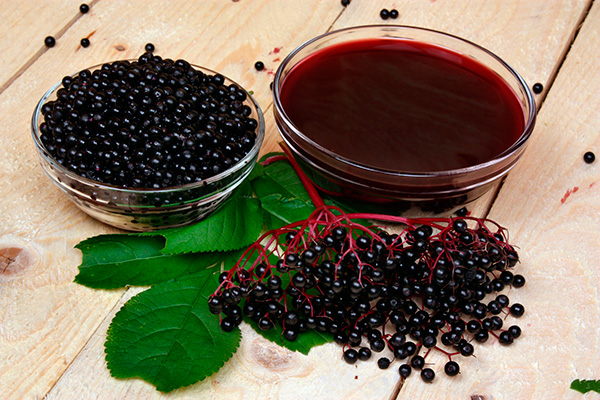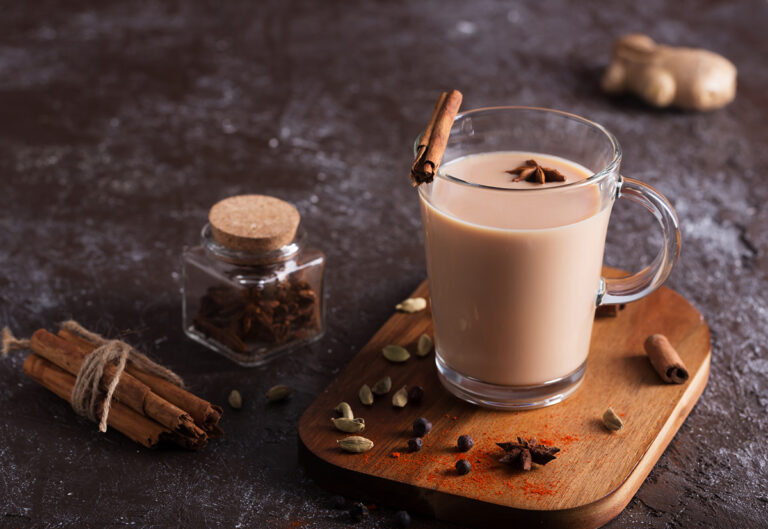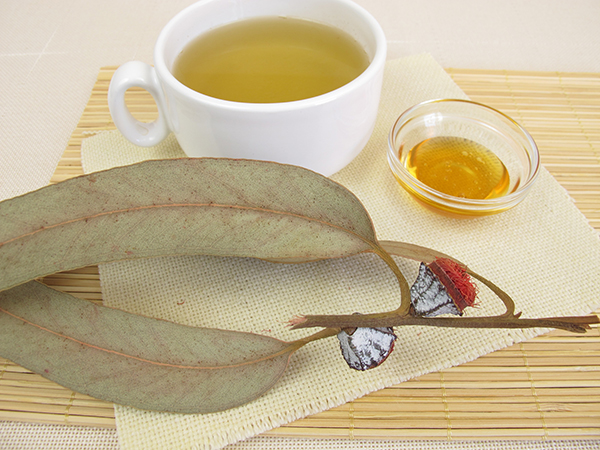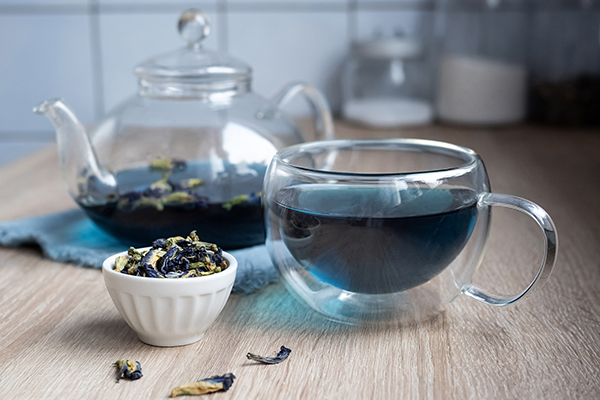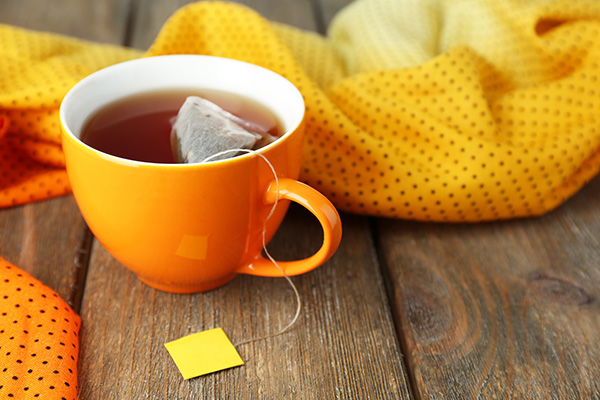Can You Drink Too Much Herbal Tea?
Herbal tea has long been a popular beverage choice for many people seeking a soothing, delicious, and caffeine-free alternative to traditional tea. With a wide range of flavors and potential health benefits, it’s no wonder that herbal tea is a staple in many households.
But can you drink too much herbal tea? In short, yes, you can drink too much herbal tea. Consuming excessive amounts may lead to negative side effects, interactions with medications, or other health concerns. The recommended amount depends greatly on the type of herbal tea but is generally between 1-3 standard 8-oz cups per day.

What Is an Herbal Tea?
Herbal tea, also known as tisane, is a beverage made by steeping herbs, fruits, flowers, or spices in hot water. It does not contain the leaves of the tea plant (Camellia sinensis), which distinguishes it from traditional teas like green, black, and oolong.
Potential Health Benefits
Herbal teas offer a variety of potential health benefits, depending on the ingredients used. Some common benefits include:
- Soothing an upset stomach
- Aiding digestion
- Reducing inflammation
- Boosting the immune system
- Providing antioxidants
- Promoting relaxation and sleep
However, it’s important to note that the health benefits of herbal teas can vary greatly based on the specific ingredients and how they are prepared.
How Much Herbal Tea is Too Much?
While herbal teas can provide numerous health benefits, there is such a thing as too much of a good thing. Drinking excessive amounts of herbal tea may lead to negative side effects or interactions with medications.
There isn’t a one-size-fits-all recommendation for the number of herbal tea cups per day, as it can vary depending on the type of tea and individual factors. However, starting with 1 to 3 cups (8-oz each) per day is generally considered a moderate and safe intake for most people.
The following factors should be considered when determining how much herbal tea is too much:
1. Individual Tolerance
Each person’s tolerance to herbal tea may vary. Some people may be more sensitive to certain herbs, while others may not experience any issues. It’s essential to pay attention to your body’s reactions when consuming herbal tea and adjust your intake accordingly.
2. Type of Herbal Tea
The specific type of herbal tea you’re drinking can also impact how much is too much. Some herbs may have stronger effects on the body and may cause side effects if consumed in large amounts. It’s crucial to research the ingredients in your herbal tea and follow the recommended serving sizes.
3. Medication Interactions
Certain herbal teas can interact with prescription and over-the-counter medications, either by enhancing or inhibiting their effects. If you’re taking medication, it’s important to discuss your herbal tea consumption with your healthcare provider to avoid any potential interactions.
4. Pregnancy and Breastfeeding
Pregnant and breastfeeding women should be cautious when consuming herbal teas, as certain herbs can have negative effects on the baby. It’s essential to consult with a healthcare professional before drinking herbal tea during pregnancy or while nursing.
5. Excessive Consumption
Drinking an excessive amount of any type of fluid, including herbal tea, can lead to a condition called hyponatremia. This occurs when the body’s sodium levels become dangerously low, which can be life-threatening. It’s crucial to maintain a balanced intake of fluids and electrolytes to avoid this risk.
Tips for Safe Herbal Tea Consumption
To enjoy the benefits of herbal tea without overdoing it, consider the following tips:
- Start with moderation: Begin by drinking one or two cups of herbal tea per day and see how your body reacts. Gradually increase your consumption if desired, but pay attention to any changes in your body or symptoms that may arise.
- Choose quality teas: Select herbal teas from reputable brands that use high-quality ingredients. This helps ensure that you’re consuming a product with accurate ingredient labeling and minimal contaminants.
- Consult a healthcare professional: If you’re unsure about the safety of a specific herbal tea or are concerned about potential interactions with medications, consult your healthcare provider for guidance.
- Research the ingredients: Familiarize yourself with the ingredients in your chosen herbal tea and their potential effects on the body. This can help you make informed decisions about which teas to consume and how much is safe for you.
- Be mindful of caffeine content: While many herbal teas are considered to have the lowest caffeine content and are often caffeine-free, some may still contain small amounts of caffeine or other stimulants. If you’re sensitive to caffeine or trying to limit your intake, be sure to check the labels of your herbal teas.
- Rotate your herbal teas: Consuming a variety of herbal teas not only offers a diverse range of flavors but also helps minimize the risk of overconsumption of any one ingredient. Rotating your teas can also provide a broader spectrum of health benefits.
Conclusion
Herbal tea can be a delicious and beneficial addition to your daily routine, offering numerous potential health benefits. However, it’s important to remember that moderation is key.
By paying attention to your body’s reactions, consulting with healthcare professionals, and practicing safe consumption habits, you can enjoy herbal tea without worrying about drinking too much.
FAQ
How Long Does Herbal Tea Stay In Your System?
The exact time herbal tea stays in your system can vary widely based on the specific herbs used, your metabolism, and your overall health. However, in general, substances from herbal tea could be detectable in your system for up to a few days.

